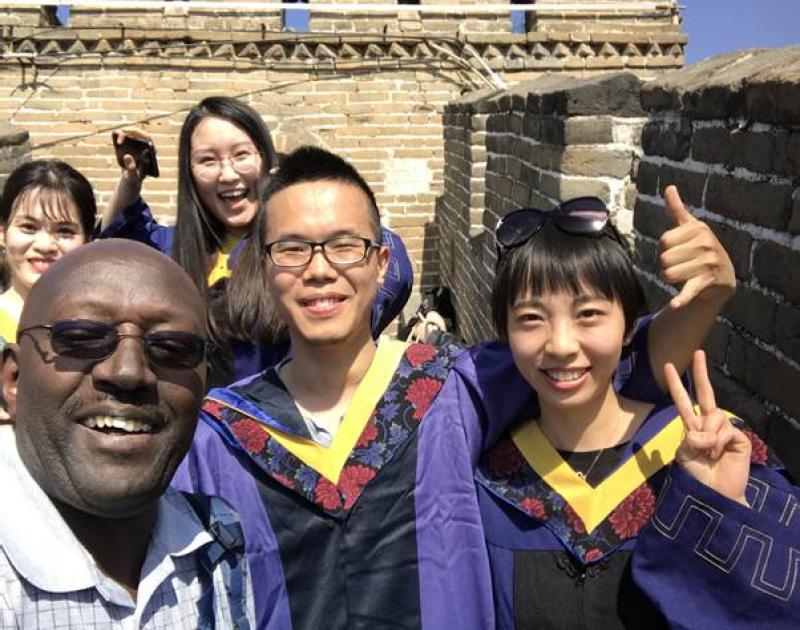×
The Standard e-Paper
Stay Informed, Even Offline

In the last two years, students from these universities - Leeds, Princeton, Oxford, University of California at Berkeley, Delft and Twente have contacted me for their research projects.
I have also delivered two lectures to undergraduates from China’s Tsinghua University while on an exchange visit to Kenya. The students’ research on Africa ranges from politics to why Kenyans don’t like working and how water or power can be provided cheaply and efficiently to the poor.